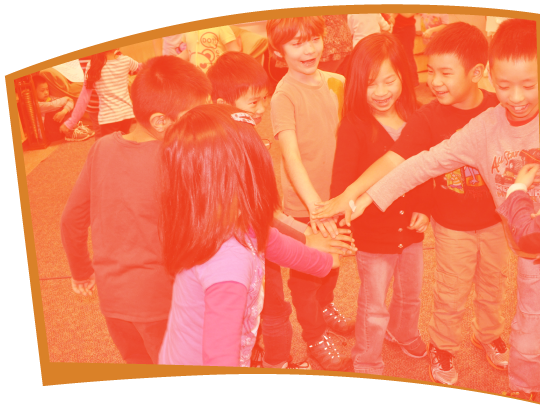Revisioning MACC
The MACC program model was introduced in 1988 and the program has remained largely unchanged since its inception. Although it was forward thinking at the time, current international peer-reviewed research has shown segregating learners with a gifted designation amongst themselves does not develop a well-rounded student.
Concurrently, the BC curriculum was redesigned in 2016 to support differentiated instruction and enriched learning, and as such all schools in Vancouver offer challenging and comprehensive programs. The shift in today’s education focuses on concepts instead of content, on how to learn rather than what is learned, and, on developing critical thinking skills in place of memorization.
How students are taught has evolved over the last 30 years and the MACC program should evolve with it. As such, the District proposes to revision the MACC program, aiming to expand services, align the program structure with the revised BC curriculum and increase equity of access for students across the District.
The revisioning
The District is revisioning MACC to focus on 5 pillars of equity.
Equity of Location
Each quadrant in the District will house a centre, making it walking distance for students
- The revised MACC program would locate each enrichment centre in one of the four quadrants of the District (north, east, south, west), increasing accessibility and significantly decreasing travel for students and families.
- Each centre would be within 1.4 KM away from any given elementary school, making the centre walking distance and geographically easier to access than before.
- Currently there are three MACC classes on the west side of Vancouver and one on the east side of Vancouver.
Equity of Access
Multi-week enrichment sessions increase student access and participation in the program
- The proposed revisioning of service delivery would support more students in the District by increasing the total number of spaces in the program from 80 to potentially more than 700 students each year.
- Based on peer-reviewed research, the District is proposing to offer six 6-week enrichment sessions throughout the school year where students could explore a broad range of topics in depth.
- If this service delivery option were to proceed, approximately 720 students per year could receive enriched project-based instruction.
Equity of Development
The new model exposes students to different learning environments in order to better navigate the world outside of a classroom setting
- By going to their catchment school and an enrichment centre, the revised program will offer students different learning environments which will also help them navigate the world outside of a school setting.
- The shift in service delivery would also allow students to maintain connections with their catchment school friends while meeting new students at the proposed gifted enrichment centre, something the current MACC model does not allow.
- The revised model develops a student’s problem-solving, social and inter-personal skills, all the while providing an enriched curriculum. The current model only develops a student’s academic skills while working at an accelerated pace.
Equity of Admission
The revised model is inclusive and prioritizes the removal of barriers for students
- Unlike the current model where referrals are generated based in part on findings from a psychoeducational assessment, the revised model provides a flexible referral system encouraging any student to attend the enrichment centre.
- The revised program is designed for students with demonstrated ability and an articulated desire to engage in deeper learning about a given area.
- Any student from Grade 4 to7 can be referred by a teacher or self-referred.
- Students are no longer required to be designated as gifted. Those who demonstrate an interest, passion and aptitude in a topic can access the programming offered by gifted specialist teachers.
- Enrichment opportunities will include a broad range of topics including, but not limited to STEM, music, theatre, poetry, history, current events.
Equity of Service
The revised model fosters student agency by allowing students to choose to attend once, or multiple times a year to engage in deeper learning opportunities
- Students are welcome to attend the revised MACC program multiple times and participate in repeat visits so that they may engage in enrichment activities within different topics of interest.
- Unlike the current model where students have to be formally tested and who have a designation as gifted by the Ministry, the revised model allows students with any demonstrated ability and an expressed desire to engage in deeper learning to participate.
What is equity?
Equity & equality are not the same thing. Equality means each student or group of students is given the same resources or opportunities. Equity recognizes that each student has different lived experiences and provides help and opportunities that ensure an equal outcome.

